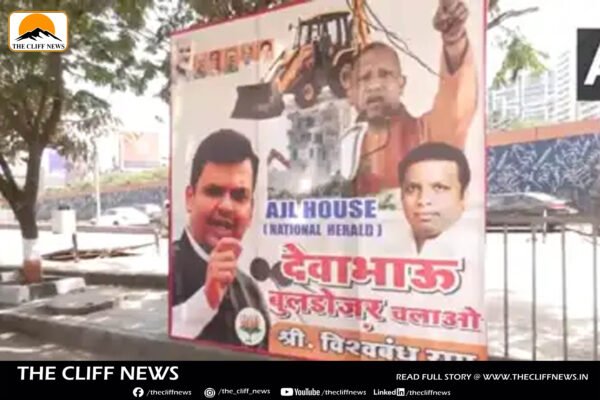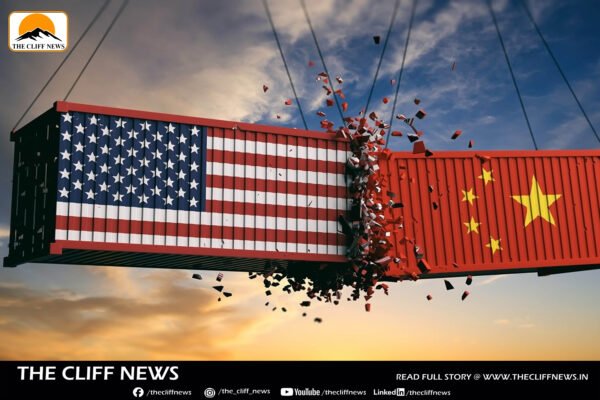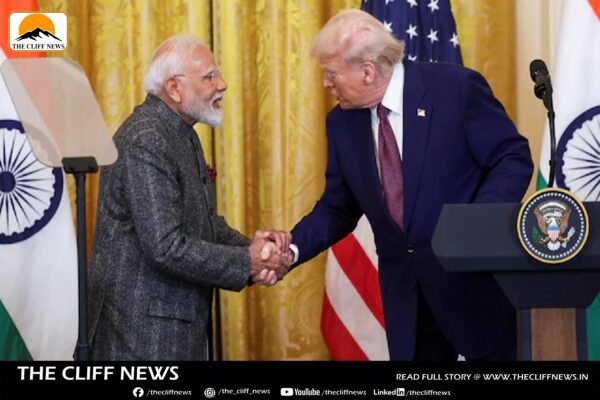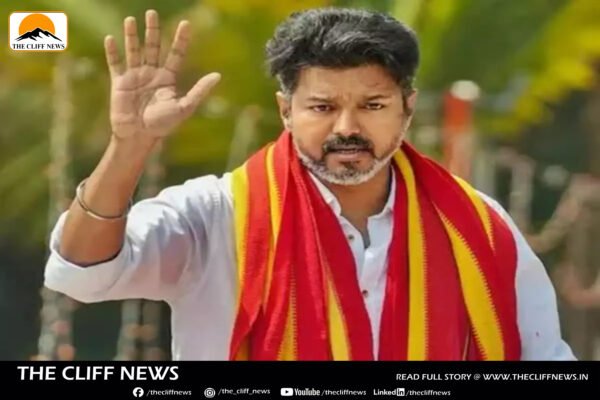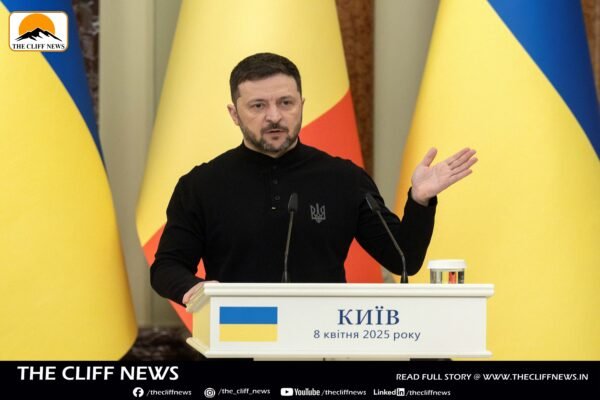India’s Trade Deficit with China Hits Record $99.2 Billion Amid Import Surge
India’s trade deficit with China widened to an all-time high of $99.2 billion in the fiscal year that ended on March 31, driven by a sharp increase in imports of electronics, electric vehicle batteries, solar cells, and other key industrial components—sectors in which China has a dominant role in India’s supply chains. This marks a 17% increase from the previous year’s deficit of $85.07 billion. In contrast, exports to China declined by 14.5% to $14.2 billion, falling below the levels recorded in FY14. India continues to register trade deficits with other major economies, including the UAE ($26.79 billion) and Hong Kong ($13.64 billion). Notably, India also experienced trade deficits with several free trade agreement (FTA) partners such as the UAE, Australia, Japan, South Korea, and Malaysia, raising concerns over the effectiveness of these agreements in promoting balanced trade. On a positive note, India recorded a trade surplus of $41.2 billion with the United States, reinforcing the US as a key export destination for Indian goods. The government is increasingly concerned about the potential dumping of Chinese goods, especially in light of the US Trump administration’s recent move to impose steep tariffs on Chinese imports. Indian officials believe these goods could be redirected to Indian markets—either directly or via third countries like Vietnam and Indonesia. In response, India has activated an import monitoring mechanism to ensure prompt and timely action against such dumping practices. India’s main imports from China include electronic components, computer hardware, telecom instruments, electrical machinery, plastic raw materials, pharmaceutical ingredients, and organic chemicals. On the other hand, top exports to China comprise iron ore, petroleum products, marine items, spices, and organic chemicals. However, industry representatives have raised concerns that many raw material imports from China are under-invoiced by up to 25%, potentially skewing trade data and impacting domestic industry competitiveness.


